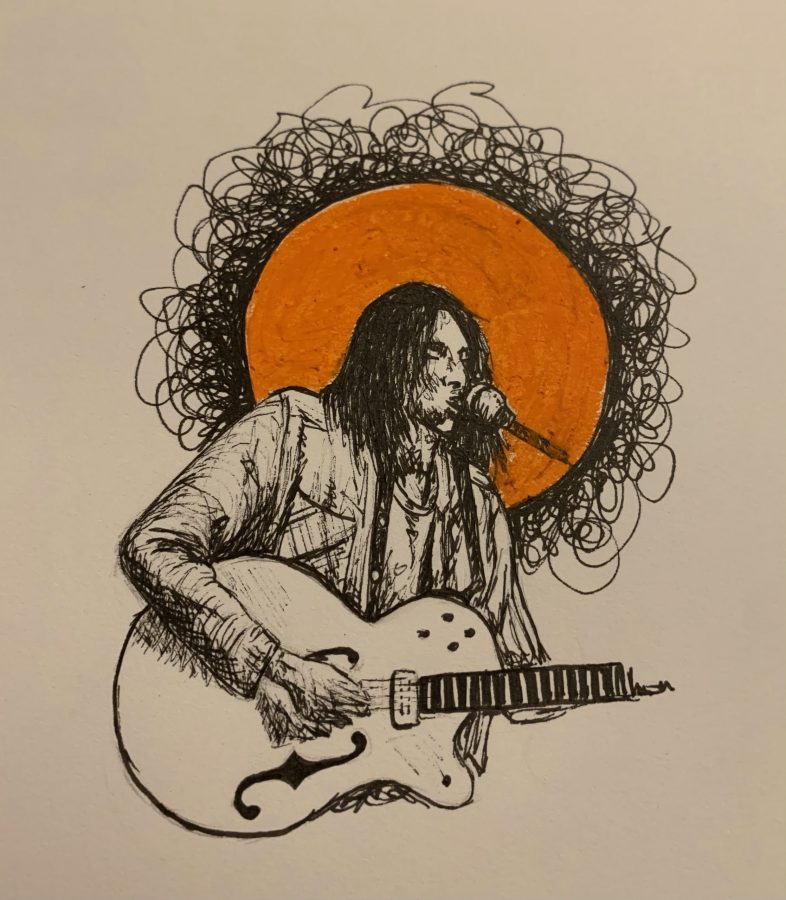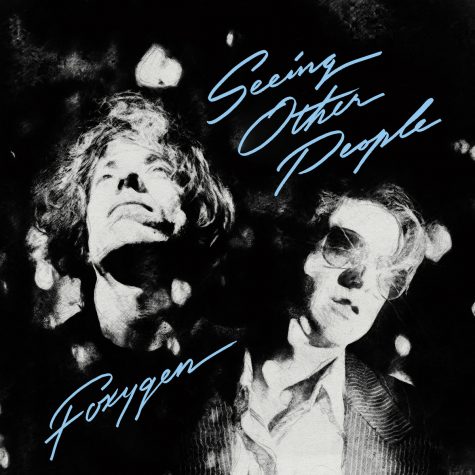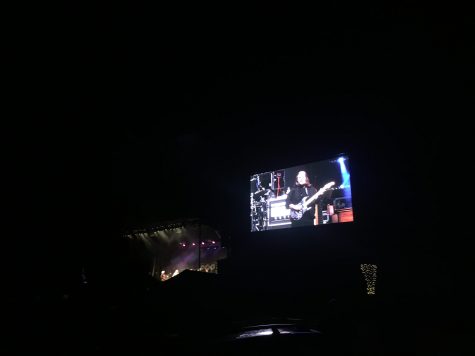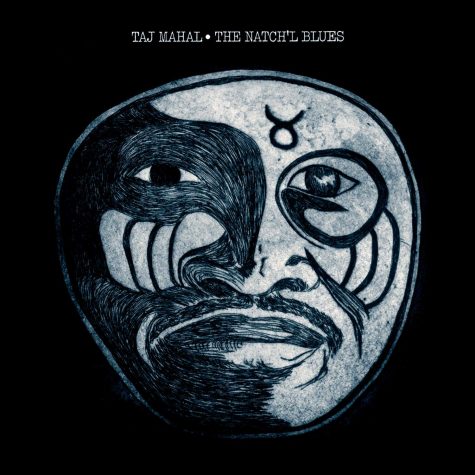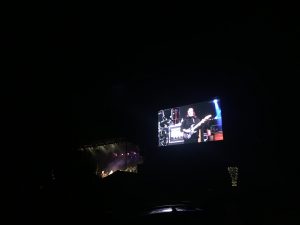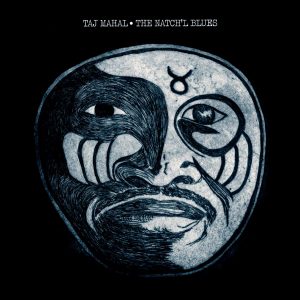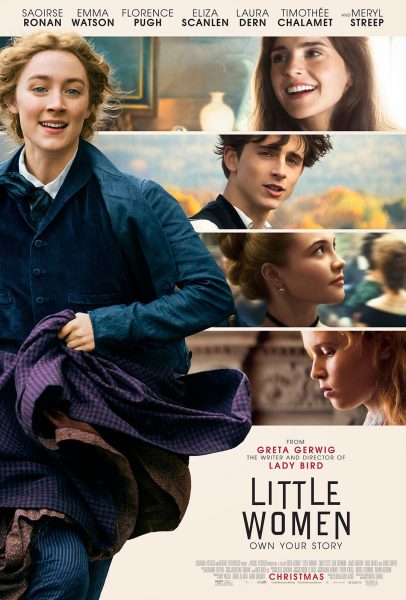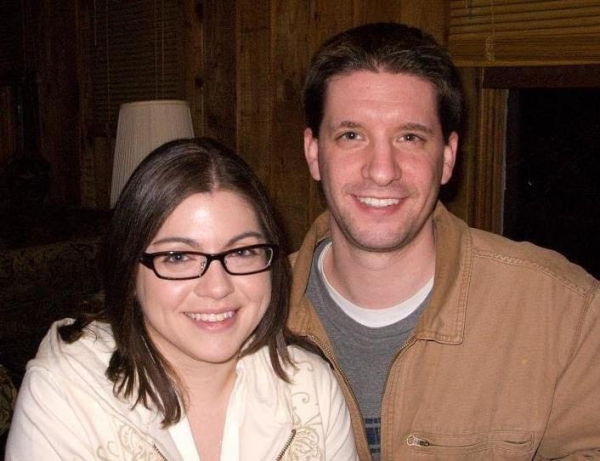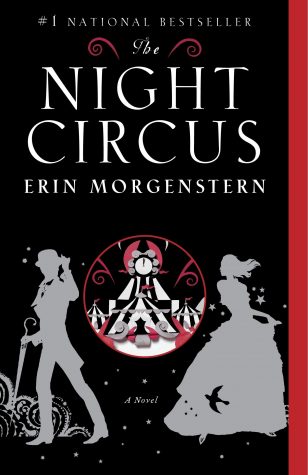Harvest: a classic album perfect for the end of fall
October 26, 2020
We’ve all seen the leaves changing around us, and the world is changing a whole lot, too. It’s hard to find anything to hold onto that will last right now. Music can be that anchor while we’re all out left stranded on the high seas of this year. A good album can pick you up and set you back down in a different place for a little while; one such album is Harvest, by Neil Young.
In the early 1970s, Neil Young’s stature in the California folk music scene seemed ever-growing. He was jumping from project to project with his affectingly reedy voice and unique blend of blues, folk, and country in tow. After the dissolve of folk-rock supergroup Crosby, Stills, Nash, and Young, he headed down to Nashville with a group of session musicians to record his fourth solo album, Harvest. Neil Young was on the cusp of stardom. This album would cement his place.
“Heart of Gold” is the centerpiece for the record. It walks up on you in a lumbering sort of way, and before you know it, you get the smokey campfire wind from the pedal steel, following like Toto in the footsteps of Young’s Dorothy. This was a huge hit for him, and it’s easy to understand why. The way this song crackles and burns with energy just draws you into its warmth.
Side two begins with “Old Man,” a scratchy guitar, and the thud of a bass. Delicate wings of banjo strings flutter you down to the dreary whirlwind of Neil Young’s story. The lines “Old man take a look at my life/I’m a lot like you were” sound almost like a chant, one that’s sold with such almighty conviction, despite the uncertainty that colors Young’s vocals. Does the narrator deal in affirmation, or is he trying to convince himself of what he’s saying? We don’t get a definitive answer and that’s just one part of the inscrutable beauty of this song.
The track that follows, “There’s a World,” is one I haven’t been able to pin down. The couple of cuts where Young is singing in front of the London Symphony Orchestra, the aforementioned and “A Man Needs A Maid,” are certainly not the showboat songs from this record. They’re mellow but huge, like a soft-spoken giant, with Hollywood sweet strings and booming brass that just gives you the feeling it could explode if it wanted to. These songs pick you up and float you between the different moods contained in this record.
On the other hand, “The Needle And The Damage Done” is sparse and contained. Accompanying himself on acoustic guitar, Young spins tales of characters who taper off with each passing line. You could eat a hearty breakfast, lunch, and dinner with the amount of delicious imagery he packs into just two minutes and change. We hard cut into the heavy, pounding “Words”, one of the three live recordings on the album and, like all the others, it’s served with pinpoint precision. The band reels in one groove and shoots out another on a dime. The backing vocals fly like flaming mortar rising up and then falling to the ground with the crash of a cymbal. The whole troop marches off into the distance as you land back down into the real world again.
It’s a harvest of sour thoughts and gentle faith this fall, and Neil Young’s Harvest is much like this season we’re in. Filled with so much beauty that it can’t really be anything but fleeting. Maybe the music is just heading back home for a while, planning to come back around some time to sing and play all over again.



